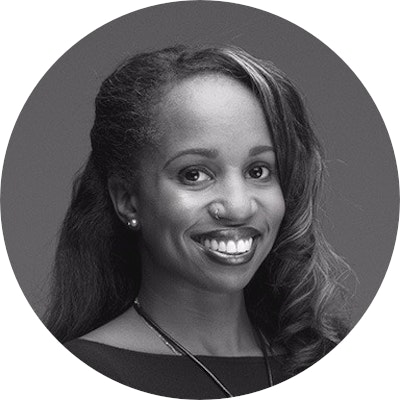Digital Marketing - Study Notes:
Why should you use hashtags?
To reiterate, a hashtag is a word or a phrase proceeded by the number symbol used to categorize keywords and topics allowing users to easily find and follow conversations of interest to them.
By clicking on a hashtag, it will display all the other posts shared with that particular hashtag included. So, it’s a great way to discover, organize, and track conversations of interest.
Because they’re such a great aid for discoverability, hashtags are a great way to help marketers increase their brand’s recognition, expand their reach and target new customers, and create and join, and impact a relevant conversation.
Best practices
The hashtag has become one of the most valuable assets in any modern marketing campaign. Brands that haven’t invested the time and thought carefully about their hashtags and how they’re going to be used, will see far less impressive campaign results than those who do.
To decide what hashtags you should use, begin with the basics.
- Ask yourself why you’re using a hashtag. Remember, good hashtags should be memorable so that your customers will easily recall them.
- SEO keywords actually make great hashtags because they’re often short, memorable, and will increase discoverability.
- One way to make sure a hashtag is memorable is through media integration. The best hashtags are tightly integrated with other marketing activity, from TV advertising, to press ads, to direct mail material.
- If people are already using a hashtag and it’s popular, part of your work is already done. All you need to do at this stage is ensure that when you join the conversations using this hashtag, you are adding value.
- Create a branded hashtag for your company and monitor your community’s hashtag before implementing to ensure relevance and avoid any controversy.
- Do be sure to capitalize the hashtag in the appropriate places to improve brand recognition and readability, and keep them short because brevity aids memorability and leaves more space for other commentary and links.
- It’s important to avoid using spaces or punctuation in a hashtag, as it will make it separate the keyword and make it unsearchable.
- Avoid using a lot of hashtags at once. The less hashtags in a post the better, as they take up space and can make your post seem spammy and less authentic.
Ultimately, the right hashtag can help you differentiate yourself from the competition.
Benefits
Differentiate from the competition
If you position your brand on hashtags that are not currently being used by your competitors, this will help differentiate your brand and get more attention from the users that are using that hashtag and less attention on your competitors.
Follow events
You could also use hashtags to follow events. Use existing event hashtags to follow and join the conversations around events that you support or that your brand plays a role in.
Create your own hashtag in relation to your own brand event to get users started on a conversation about what’s happening during your event and incite real time commentary and impressions.
Engage with trending topics
Hashtags can also help you engage with trending topics. Interacting with trending hashtags allows your brand to be top-of-mind and generate engagement outside of your brand-focused tweets, taking part in a broader conversation that’s important to the majority.
Promote thought leadership
You can use hashtags to add value and thought leadership to an existing conversation. Only join a conversation if the hashtag is relevant to your brand, and if you know for sure that you can add valuable insights. If you just tweet for the sake of tweeting, users will pick up on this and view this action negatively.
Back to TopSadé Council
Digital Marketing Strategist @ L’Oréal USA
- 11+ years’ experience with brands across fashion, sports, entertainment, financial services, lifestyle & beauty verticals
- Currently advising on digital marketing initiatives for Carol's Daughter
- Expertise in content creation, community management, integrated marketing & influencer relations
- American football fanatic, former full-time ballerina and currently moonlighting as DJ Dae





